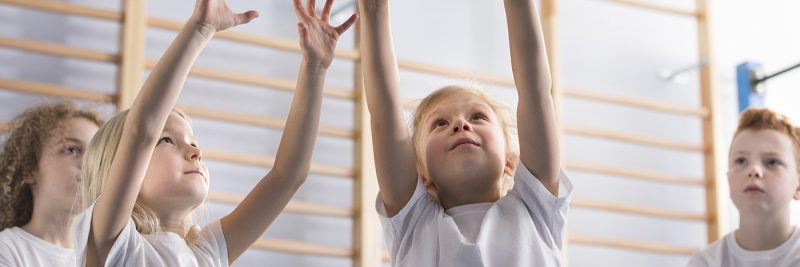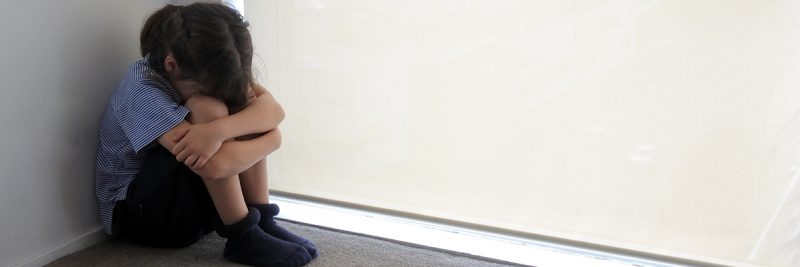
School children and physical activity
A third of children in the UK are overweight or obese by the time they reach primary school. Many other countries are facing the same issue, with a tenfold increase in the worldwide prevalence of childhood obesity over the past four decades. Governments worldwide are attempting to tackle the growing problem of obesity by increasing the amount of physical activity young people are doing on a daily basis. But while this all sounds well and good, robust evidence for the effectiveness of existing school-based physical activity programmes is lacking. It is also unclear whether all children – irrespective of socioeconomic status – benefit equally.



